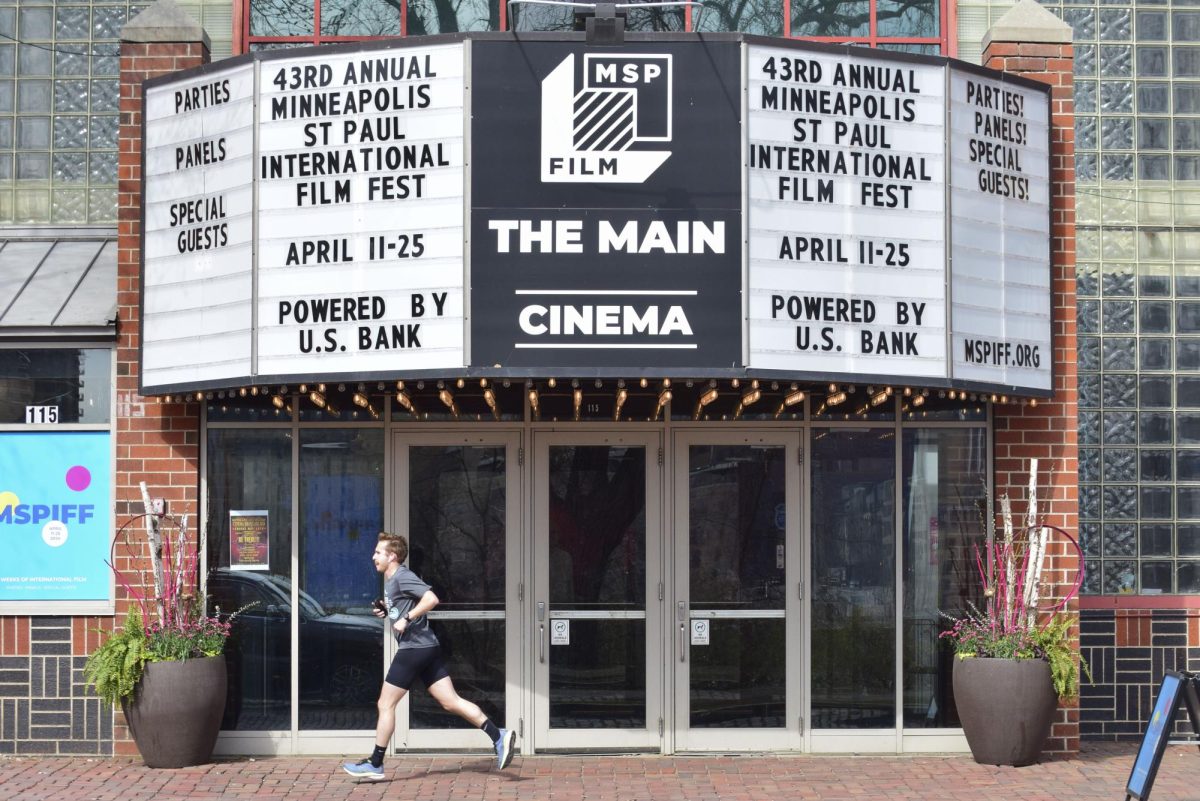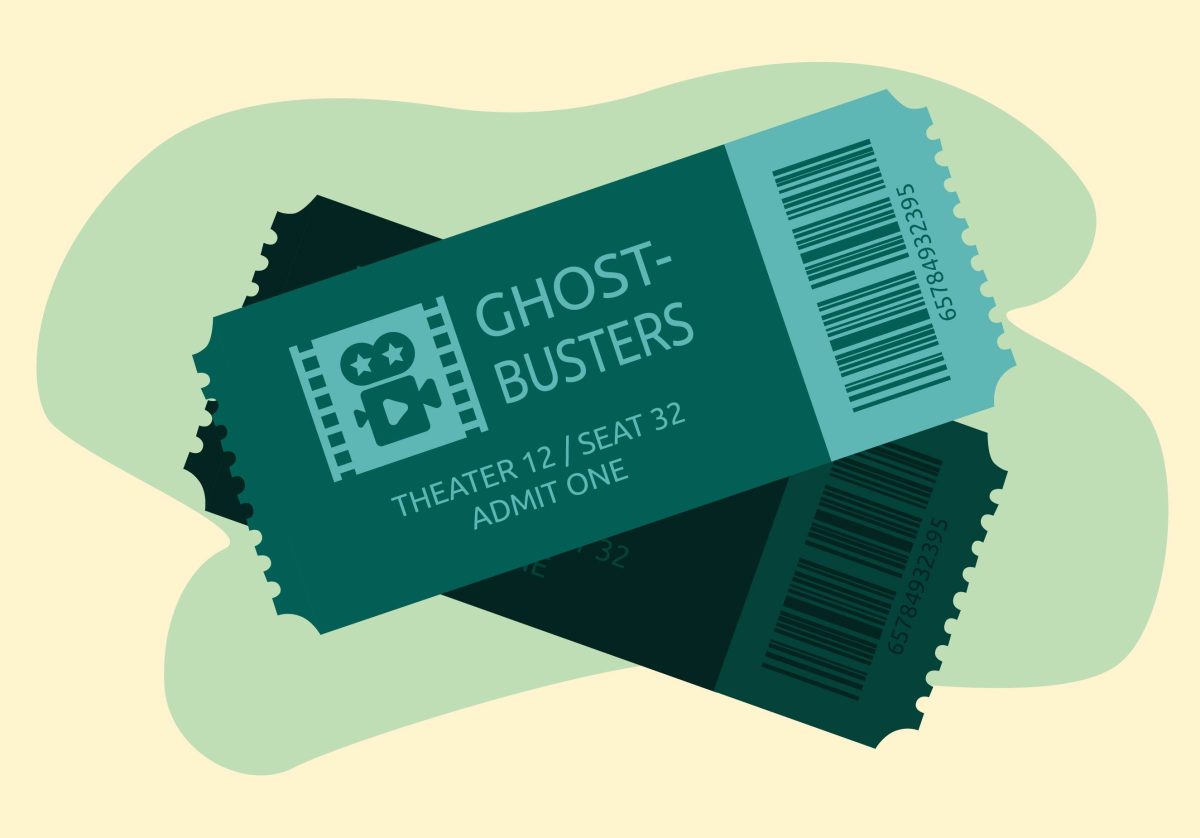Tupac: Resurrection,” the new documentary about the life and death of Tupac Shakur, opens with the slain rapper telling us that his life is “a story about ambition, violence, redemption and love.” These words make him sound almost Shakespearian, which would be fine with the hip-hop icon, since we later hear him say, “Shakespeare is dope.”
As eerie as it sounds, Tupac actually narrates the entire film, which uses a collage of photos, writings and interview footage to reconstruct his life. The filmmakers take some liberties with this method – in the final scenes, during his 1996 murder, Tupac’s voiceover asks, “Who shot me? I don’t know.” While dramatic, the audio actually came from an interview where he’s addressing the 1995 shooting that he survived. But beyond some initial jolts, Tupac’s narration, a sort of autobiography, is also comforting. Who better to explain hip-hop’s most controversial figure than the man himself?
But of course, Tupac didn’t make this movie; director Lauren Lazin, an MTV producer, and Tupac’s mother Afreni Shakur did. And while this is their specific vision of Tupac’s life, it is a fairly balanced account. In trying to provide as accurate and as intelligent a portrait as possible, the filmmakers do a good job of contextualizing his life, placing it within a global context. The film opens during the civil rights movement, echoing Tupac’s own statement: “My roots to the struggle are real deep.”
Indeed, his mother was a Black Panther and Geronimo Pratt and Mumia Abu Jamal, both famous Panthers, contributed to his upbringing. When surveying the 1980s, Tupac’s teenage years, the film comments on Reaganomics, relating the absurd economic ideology back to a young, poor Tupac. The film offers some ridiculous news footage where Ronald Reagan alleges that poor people are poor because they don’t know where to find jobs.
The filmmakers have picked a good methodology for defining who the rapper was, as Tupac himself often contextualized his own existence when looking for answers. One of the best examples of this is when Tupac defends the violence and aggression in his songs. He notes that outraged American citizens forced the U.S. military out of Vietnam after seeing the horrors of war on television, and he hopes his songs will encourage those same people to call for an end to the poverty and violence happening right here at home. Tupac’s ability to perceive life through a greater world view is frighteningly relevant when he says, “What makes my freedom less important than the Bosnians or whoever they want to fight for this year?”
Much of the interview footage with Tupac contains the type of scenes we were rarely privy to when he was alive. We see a bright-eyed, 17-year-old Tupac, already thinking about ways to change the world. Or Tupac at the beginning of his rap career, a revolutionary full of venom and disgust, commandeering a panel discussion where older black leaders cringe at the reality he represents.
Most harrowing, though, is the rarely seen interview with the rapper while he was still in prison on rape charges. In it, a mellow, scruffy-haired Tupac talks vividly about the dehumanization of prisoners. It is then a wonder to see just how unbreakable his humanity really was. Later, he jokes about the experience – he gets most animated when talking about the guards calling him the “N” word – with MTV’s Tabitha Soren. Try to imagine a person calling Tupac Shakur a racial slur right to his face.
While much of the film is a gateway into Tupac’s much-overlooked philosophical side, the filmmakers do not hide his contradictions. We see the usually confident speaker, a man who grew up in a feminist household, struggle to find an intelligent justification of his misogynistic lyrics. And we also see an intelligent young man descend into the extreme verbal baiting that embittered his fatal rivalry with The Notorious B.I.G.
“Tupac: Resurrection” creates a portrait of a young man whose consiousness represented so much of what black political thought has wrought over the past 30 years, from the civil rights movement to the proliferation of hip-hop culture. It hurts to think about where his mind would have led him – and led other people – had he grown into old age and into an even deeper consiousness. This film gives us an idea of what that could have been like.
















